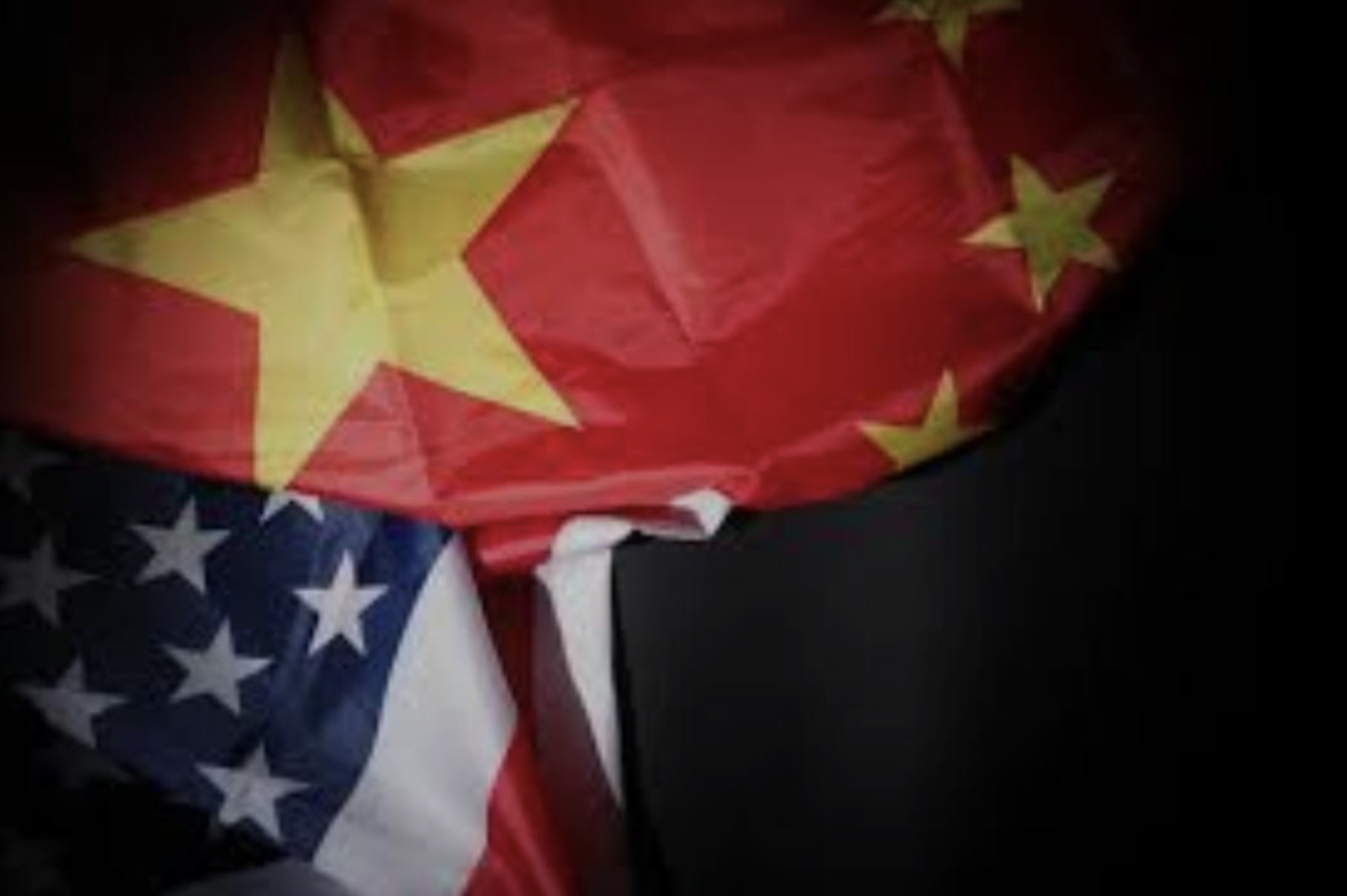

The China Bet
The United States believed that deeper trade with China would lead to a more open, market driven economy and political reform, for the benefit of all. That belief drove U.S. trade policy across both parties.
We lost the bet.
The U.S. and China Trade History
35 years - From Hope to Collapse Told Through Four Expert Voices
1990–2001: From Strategy to Wishful Thinking
Bob Davis, a longtime Wall Street Journal reporter, spoke with officials from every U.S. administration since the Cold War. He shows how engagement with China shifted from a strategic move to win allies against the Soviets to a trade policy driven by corporate interests. Washington focused on exports and profits—and overlooked warning signs about China's authoritarian model and state control of its economy.
2001–2006: Letting China Into the WTO Without Guardrails
Robert Lighthizer, former U.S. Trade Representative, calls China's admission to the World Trade Organization (WTO) a historic mistake. China made promises to open its economy—but didn't keep them. Instead, it used WTO rules to its advantage while continuing to subsidize industries, control capital, and pressure companies for technology. Bob Davis confirms that many U.S. officials were surprised when liberal reforms never came.
2001–2011: The China Shock Hits American Workers
MIT economist David Autor studied what actually happened after China joined the WTO. His research shows that U.S. manufacturing regions were devastated. Over 2 million jobs were lost, mostly in areas that never recovered. This wasn't just "creative destruction"—it led to long-term unemployment, falling wages, and rising social problems like opioid addiction and political distrust. Policymakers had no plan for how to respond.
2006–2016: U.S. Companies Choose Profits Over Principles
As offshoring to China expanded, U.S. companies helped block tougher enforcement. Davis shows how business groups pressured Washington to stay quiet. Meanwhile, Bethany Allen, an investigative journalist, documents how China used its market power to silence critics—pressuring Hollywood, tech firms, and even sports leagues to avoid sensitive topics. The result: American companies became entangled in China's political agenda.
2010s: Our Institutions Fell Behind
Lighthizer argues that the WTO and traditional trade tools couldn't handle China's model of state-led capitalism. Allen shows that democratic countries, including the U.S., failed to coordinate a real response—even as China became more aggressive abroad. Davis captures the regret of officials who saw the problem but couldn't get ahead of it. Everyone knew the system wasn't working—but no one fixed it.
2017–Today: A Course Correction, But Not Yet a Strategy
Higher tariffs on Chinese goods; updated steel and aluminum duties; tighter export controls and new screening of outbound investment; curbs on duty-free small-parcel imports; and CHIPS-funded projects alongside renewed private investment—mark a clear shift. The presidency is securing foreign-investment commitments and industry is organizing—momentum, not orchestration. The second- and third-order effects will take time to appear and won't always be predictable. Lighthizer calls for a protective industrial plan; Autor for an innovation-led public–private buildout; Allen for allied coordination against coercion; Davis puts the epitaph on The China Bet, declaring that the engagement era is over.
Meet the Experts
Four distinguished voices who have documented the rise and consequences of the China trade relationship from four distinct and compelling perspectives.

Bob Davis
Policy Insider
Veteran Wall Street Journal reporter who interviewed officials from six U.S. administrations to reveal the inside story of America's China strategy.

Bethany Allen
Investigative Journalist
Award-winning investigative journalist who exposes how China weaponizes economic leverage for political control worldwide.

Robert Lighthizer
Trade Enforcer
Former U.S. Trade Representative who argues that China exploited global trade rules while America failed to enforce its own laws.

David Autor
Labor Economist
MIT economist whose groundbreaking research documented the devastating impact of the "China Shock" on American workers and communities.






